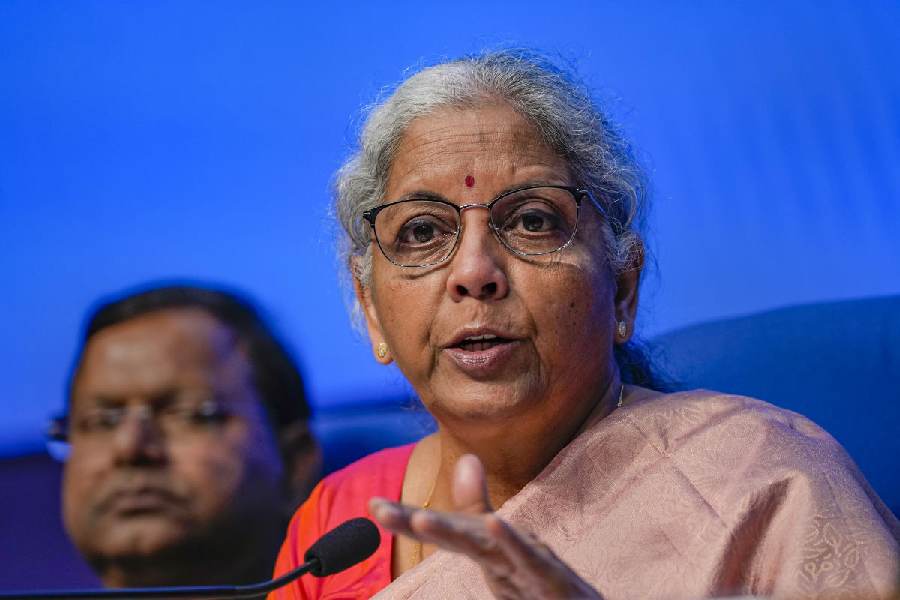Setting the ball rolling for the general elections this year, finance minister Nirmala Sitharaman said the government will come out with a white paper on the mismanagement of the economy prior to 2014 with an aim to draw lessons.
The NDA government came to power in May 2014 after a 10-year rule by the Congress-led UPA government at the Centre.
“It is now appropriate to look at where we were till 2014 and where we are now, only for the purpose of drawing lessons from the mismanagement of those years. The government will lay a white paper on the table of the house,” announced finance minister Nirmala Sitharaman while presenting the interim budget for the next financial year.
Congress leader Shashi Tharoor said they are going to do “very good selective number calculation”.
“No one trusts their numbers. Look at NITI Aayog which claimed that 24 crore people have been pulled out of poverty, they have completely changed all baselines to come up with a conclusion like this. In fact, the UPA government did pull out a 140 million people from poverty, which is undisputed worldwide because their parameters were well-known,” the former Union minister said.
This is perhaps the first time that any government is coming out with a white paper after being in power for two terms.
This could snowball into another slanging match with the UPA, reminiscent of the war of words that broke out in 2018 when the National Statistical Commission came up with figures that showed that the earlier Congress-led government under Prime Minister Manmohan Singh had achieved a double-digit growth rate of 10.8 per cent in 2010-11, outperforming the Modi government’s performance in its initial years.
It had prompted the Modi government to riposte with
a new dataset that claimed economic growth during the NDA regime was far higher than that during the 10-year UPA.
Sitharaman said on Thursday that in 2014 when the Modi government assumed the reins, the responsibility to mend the economy step by step and to put the governance systems in order was enormous.
“The need of the hour was to give hope to the people, to attract investments, and to build support for the much-needed reforms. The government did that successfully following our strong belief of ‘nation-first’. Structural reforms were undertaken, pro-people programmes were formulated and implemented promptly,” she said.










